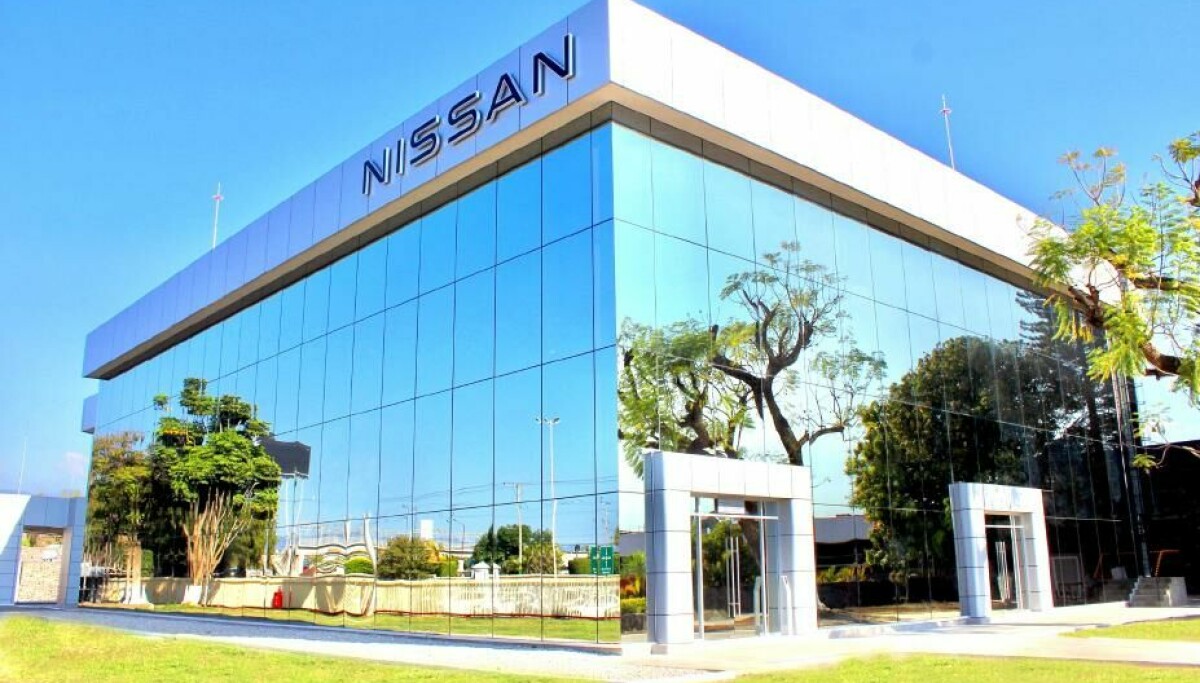Nissan's Mexico Plant Closure Signals Global Manufacturing Shift
Nissan announces closure of historic CIVAC Plant in Mexico by 2026, consolidating operations at Aguascalientes facility as part of global restructuring strategy to enhance efficiency and competitiveness.

Nissan's CIVAC Plant in Cuernavaca, Mexico, set to close by 2026 as part of global restructuring
In a significant move reflecting global industrial restructuring, Nissan has announced the closure of its CIVAC Plant in Cuernavaca, Mexico, by March 2026. This decision, part of the company's "Re:Nissan recovery plan," mirrors broader trends in global market restructuring and investment risk management.
Strategic Consolidation and Efficiency Drive
The closure will see production consolidated at the Aguascalientes facility, marking a decisive shift in Nissan's global manufacturing strategy. This mirrors the kind of strategic industrial restructuring seen across major economies, aimed at optimizing operations and reducing structural costs.
Key Impact Points:
- Global production capacity reduction from 3.5m to 2.5m units
- Manufacturing footprint consolidation from 17 to 10 facilities by FY2027
- Workforce reduction target of 20,000 roles globally
Economic Implications and Market Response
The decision demonstrates how major corporations are adapting to changing market dynamics, similar to how corporate restructuring can lead to improved market positioning. The CIVAC Plant, accounting for 11% of Nissan's Mexican production, has been operational for over fifty years and produced more than 6 million vehicles.
"Today, we have made the difficult but necessary decision, that will allow us to become more efficient, more competitive and more sustainable," stated Ivan Espinosa, CEO of Nissan Motor Corporation.
Supply Chain Optimization
The consolidation aims to streamline logistics operations through:
- Optimized inbound equipment and component routes
- Streamlined finished vehicle distribution
- Enhanced economies of scale
- Updated supply chain planning for increased production volume
Regional Trade Implications
This strategic move comes amid evolving North American trade dynamics, particularly with the USMCA trade agreement review approaching in 2026. The decision reflects Nissan's commitment to maintaining competitive advantage while navigating complex regulatory environments.
Letsile Tebogo
Lawyer and columnist, expert in traditional values and economic policy.
